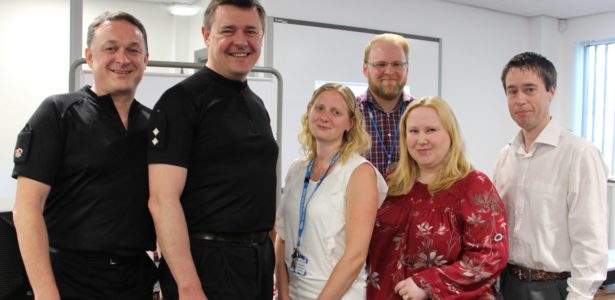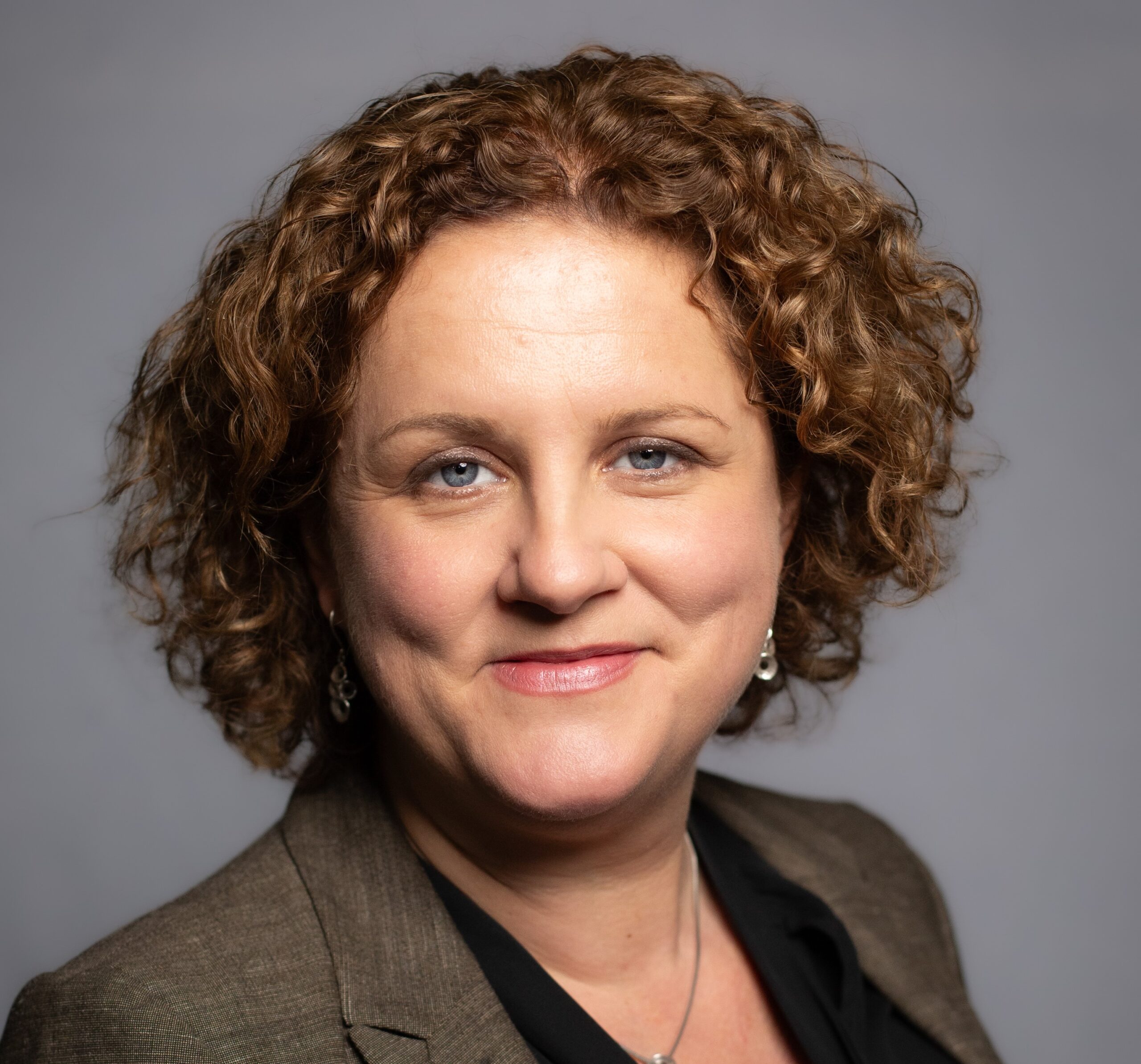Police lead the way with mental health training

North Yorkshire Police officers and staff are due to begin the first stages of mental health training which will help shape how police forces across the country train their front-line staff for interaction with a person with mental ill health.
As part of the Connect project, a collaboration between the University of York, North Yorkshire Police and the College of Policing, mental health professionals from Tees, Esk and Wear Valleys NHS Foundation Trust (TEWV) will deliver a pilot training programme to randomly selected police officers and police community support officers across North Yorkshire.
The training, which begins on 18 May 2016, is designed to increase awareness and identification of mental health vulnerabilities, improve the recording of incidences involving people with mental ill-health, enhance skills in communicating with people in mental distress, provide a clearer understanding of referral pathways into mental health services, and aid multi-agency working.
The Connect team’s Professor Martin Webber and Dr Nicola Moran from the Department of Social Policy and Social Work at the University of York, have developed the training in conjunction with mental health professionals from Tees, Esk and Wear Valleys NHS Foundation Trust, and in consultation with North Yorkshire Police’s Mental Health Partnership Development Inspector, Bill Scott.
Dr Moran said: “A significant amount of police time is spent dealing with incidents involving people who are mentally vulnerable. Whilst we are acutely aware that police officers are not, and indeed should not be, experts in mental health, they are often the first responders and yet have minimal training in this area.
“The data collected from these randomised control trials will be invaluable. It will be evaluated and used to make recommendations to NYP and the College of Policing to help shape future mental health training for front-line officers.”
Inspector Bill Scott added: “Police officers are not mental health experts but much of their work revolves around interaction with people with some degree of mental ill health – from mild to those in crisis. They could be a victim of crime, a witness, a suspect or someone in crisis who turns to the police as a cry for help. The training is designed to help officers and staff recognise the signs of mental ill health and the best course of action to take, what advice to seek and what other agencies can assist the person.
“We are pleased to be at the forefront of this vital area of training for the police service which is long overdue.”
Martin Dale, TEWV locality manager said: “TEWV team managers and locality managers from across the North Yorkshire adult directorate have offered time to facilitate this training, as it is viewed as an important opportunity that benefits police officers, health and social care staff and service users alike.”
The results of the trial will also be presented to the funding body and published in academic and policing journals.
To keep up to date with the work of the Connect project, visitwww.connectebp.org and follow on Twitter @Connectebp
